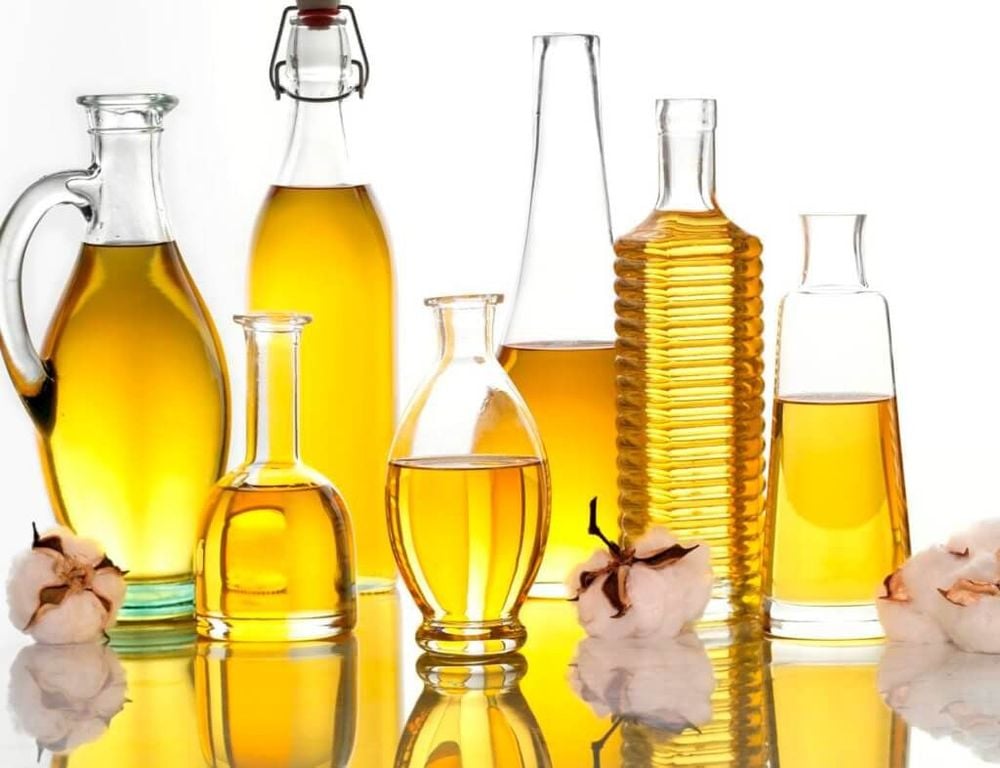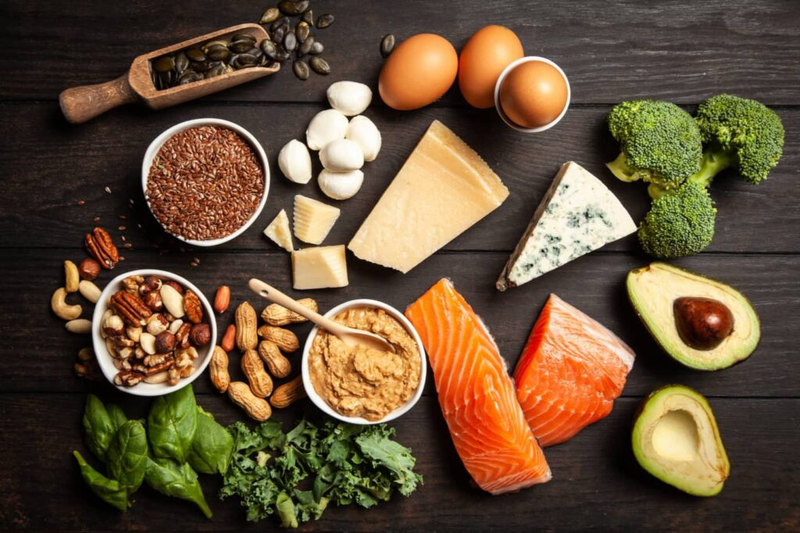The role of lipids in the human body is especially important, in the structure of cell membranes and stored in tissues, like a source of reserve energy. In particular, it is also a solvent environment to dissolve vitamins in fat and is an important energy-providing component in the daily diet.
1. What is lipid?
Lipids, also known as fats, are esters between fatty acids and alcohol, which are indispensable components in the development of humans. Lipids in food can be provided in both animals and plants. Lipids of plant origin such as margarine, refined oil, shortening, soybeans, peanuts, sesame… Lipids of animal origin such as: eggs, meat, fish, seafood… Lipids of animal origin are called fats, lipids of plant origin are called oils.
Scientific research has shown that for primary school children, the energy provided by lipids should reach about 30% of the body’s energy needs, in which lipids of plant origin should account for about 50% of total lipids and saturated fatty acids should not exceed 11% of daily dietary energy.
In food, there are many types of lipids such as: Phosphorlipids, triglycerides, cholesterol, glycolipids, lipoproteins and waxes with 2 main groups: Simple lipids composed of hydrogen (H), carbon (C), oxygen (O) and Complex lipids that form complexes in addition to C, H, O, there are other components such as P, S…

Lipids of animal origin are called fats, lipids of plant origin are called oils.
2. The role of lipids in the human body
2.1 The role of providing energy
Lipids have the role of providing energy for the body, and are also an indispensable source of energy. The structure of lipids accounts for 60% of brain cells, especially the group of long-chain unsaturated fatty acids Omega-3 and Omega-6.
Phospholipids are fats that form the myelin sheath that covers nerves, helping to increase the sharpness of brain activity, and at the same time, it helps protect the brain against memory loss due to age. In addition, lipids also participate in the structure of cell membranes.
2.2 The role of constituting tissues
An important role of lipids in the human body is the ability to form tissues. The cell membrane is a layer of fat composed of lipids, cholesterol and glucolipids… Neural tissues and spinal cord also contain lipids and glucolipids.
2.3 The role of maintaining body temperature and protecting the body
The role of lipids in the body is also reflected in the ability to prevent heat loss under the skin, it helps to retain heat effectively and at the same time makes the absorbed heat from the outside unable to be transmitted into the body.
In fact, lipids are not evenly distributed in the human body with a total content of about 10%, they are mainly concentrated in the subcutaneous tissues to form a reserve of fat for the body to use when necessary. In addition, a part of lipids also surrounds the internal organs like a protective tissue, to prevent collisions and help them stay in the right position, protecting the body from the adverse effects of the weather environment.
2.4 The role of promoting the absorption of fat-soluble vitamins
In the human body, vitamins A, D, E, K will not dissolve in water but dissolve in fat or fat-soluble solvents and the role of lipids in the human body at this time is the solvent environment to promote the absorption of fat-soluble vitamins.
In addition to the above roles, the role of lipids in the body also helps increase the feeling of fullness when we use foods with high lipid content and lipids help enhance the sensory value of food (foods with high fat will smell better and taste better)
3. Building a reasonable lipid diet

In the daily diet should balance foods rich in lipids
Building a scientific and reasonable nutritional regimen will help balance nutrients and protect optimal health. To have a reasonable lipid nutritional regimen, in the family kitchen, always ensure 2 types of oil including saturated oil that can withstand higher temperatures, produces less toxic substances and light oil for mixing salads, marinating food, cooking porridge for children…
One thing to note is that cooking oil is oxidized when heated at high temperatures, creating free radicals that cause odors and are toxic to the body. Absolutely do not use cooking oil for frying many times.
In the daily diet, you should balance foods rich in lipids such as: Nuts, fish oil, eggs, cheese, butter, chia seeds, olive oil, coconut oil… to take full advantage of the role of lipids in the body, protecting the health of yourself and your family.





